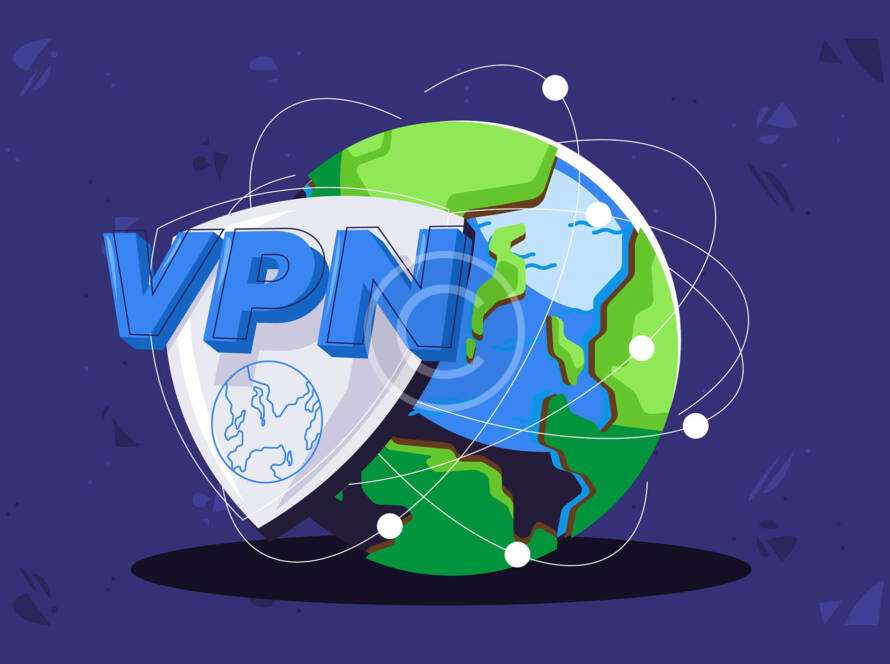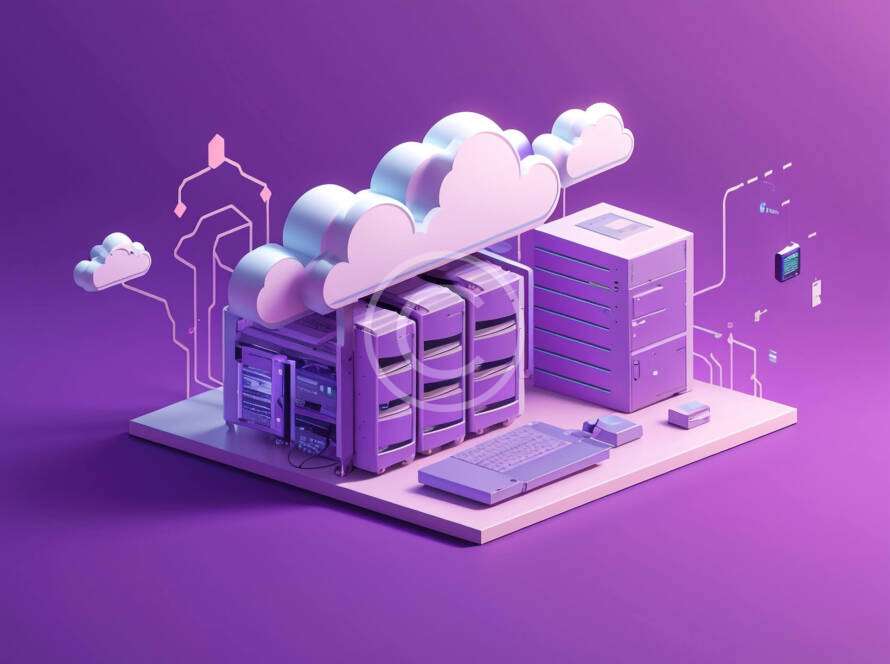In today’s hyper-connected world, our digital footprints are profound and sometimes troubling. Every click, search, and interaction online leaves traces that can be tracked, stored, and exploited. With data breaches, identity theft, and increased surveillance becoming more prevalent, safeguarding your online presence is more crucial than ever. One of the most effective tools for protecting your digital footprint is a Virtual Private Network (VPN). In this blog post, we’ll explore what a VPN is, how it works, and why it’s essential for your online privacy.
Understanding Your Digital Footprint
Before diving into the role of VPNs, let’s clarify what a digital footprint is. A digital footprint encompasses all the information you leave behind while using the internet. This includes personal data, browsing history, online purchases, social media interactions, and even the metadata generated by your device. Businesses and advertisers often track this information to create profiles for targeted marketing campaigns, while malicious actors might use it for identity theft or cyberstalking.
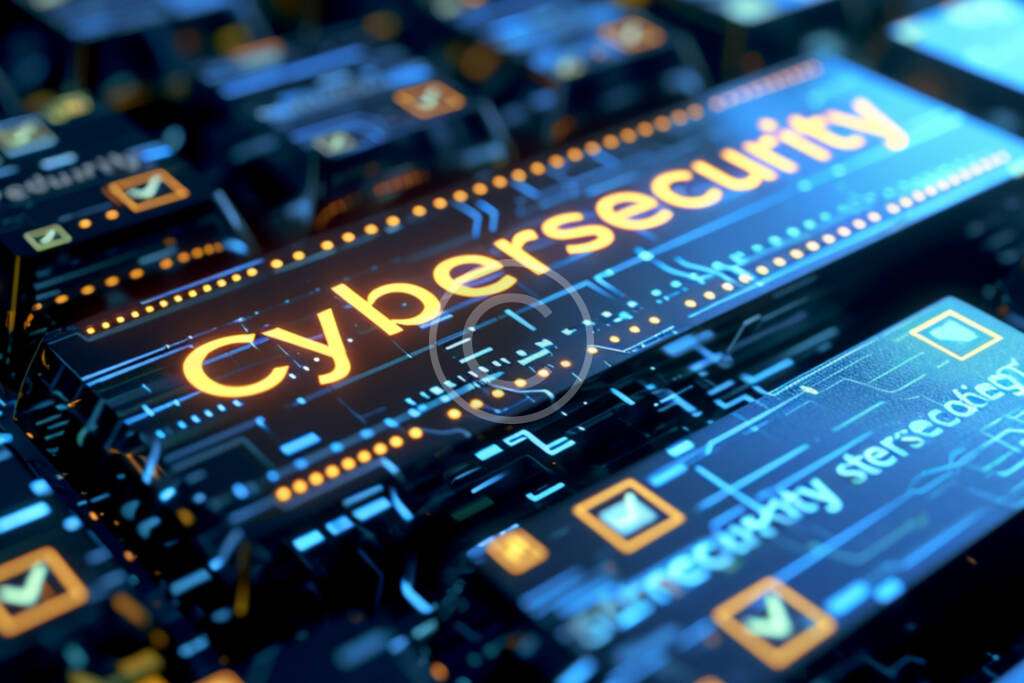
What is a VPN?
A Virtual Private Network (VPN) is a service that creates a secure, encrypted connection between your device and the internet. By routing your internet traffic through a remote server, a VPN masks your IP address, making your online actions virtually untraceable. This not only helps protect your identity but also secures your data, especially when using public Wi-Fi networks.
How Does a VPN Work?
When you connect to a VPN, the following happens:
- Encryption: Your internet traffic is encrypted, making it unreadable to anyone trying to intercept it – whether that’s hackers or your Internet Service Provider (ISP).
- IP Address Masking: Your real IP address is hidden behind the VPN server’s IP address, further protecting your identity online.
- Access to Restricted Content: Many VPNs also allow you to bypass geographical restrictions, enabling access to content that may be blocked in your region.
Why Use a VPN to Protect Your Digital Footprint?
Safe Remote Work: As remote work becomes the norm, a VPN ensures that employees can connect to their company’s network securely, safeguarding sensitive data from potential breaches.
Enhanced Privacy: A VPN provides a layer of privacy that helps shield your online activities from prying eyes. This is especially crucial in an age where ISPs, advertisers, and even government entities may monitor your behavior.
Security on Public Wi-Fi: Public Wi-Fi networks are notoriously insecure. Cybercriminals often lurk on these networks, waiting to steal personal information. A VPN encrypts your data, making it much harder for anyone to intercept and misuse it.
Preventing Bandwidth Throttling: Some ISPs throttle bandwidth based on usage patterns. A VPN can help you evade these restrictions by masking your online activity.
Protecting Personal Information: For anyone concerned about data privacy, especially in terms of personal information handling by companies and social media platforms, a VPN is an essential tool that minimizes the risk of data collection and misuse.
Choosing the Right VPN
Not all VPNs are created equal. Here’s what to consider when choosing one:
Customer Support: Reliable customer support can be a lifesaver if you encounter any issues.
No-logs Policy: Ensure the VPN provider doesn’t keep logs of your activity, which would defeat the purpose of using a VPN.
Strong Encryption Protocols: Look for VPNs that offer robust encryption standards (like AES-256).
Wide Server Network: A broader range of servers can provide you with more connection options and better speeds.
User-Friendly Interface: A well-designed application should make it easy to connect and switch servers without hassle.
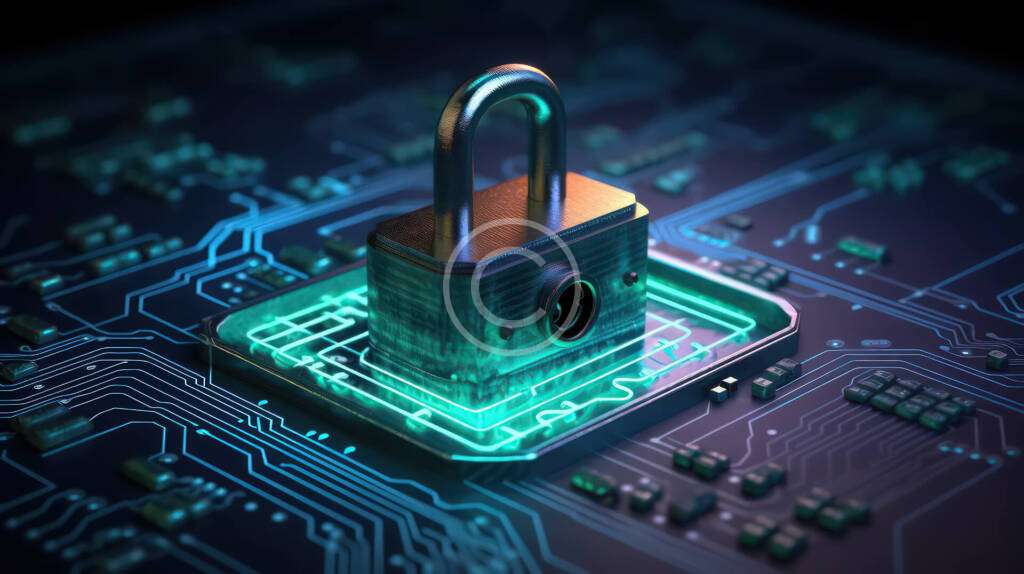
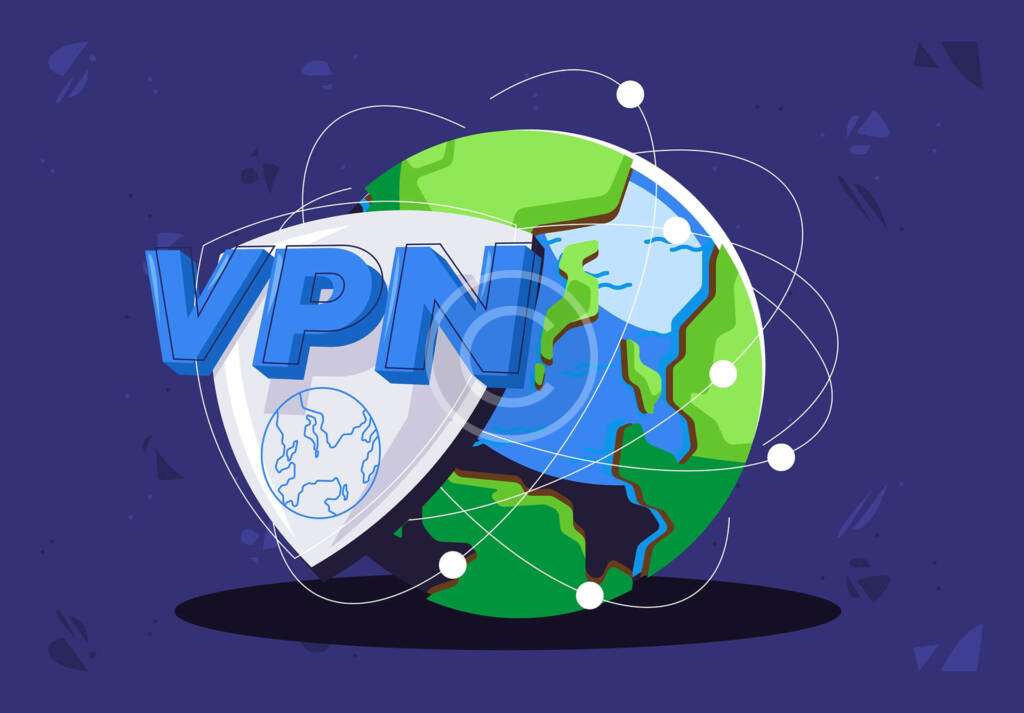
Conclusion
In a world where our digital actions leave an undeniable mark, taking steps to protect your digital footprint is paramount. A VPN is a powerful tool in your cybersecurity arsenal, offering increased privacy, security, and the ability to navigate the internet more freely. As you consider your online habits and the potential risks, integrating a VPN into your daily routine might just be the most prudent decision you make for your digital life. Remember, knowledge and tools like VPNs don’t just protect you today – they help build a safer digital environment for tomorrow.


